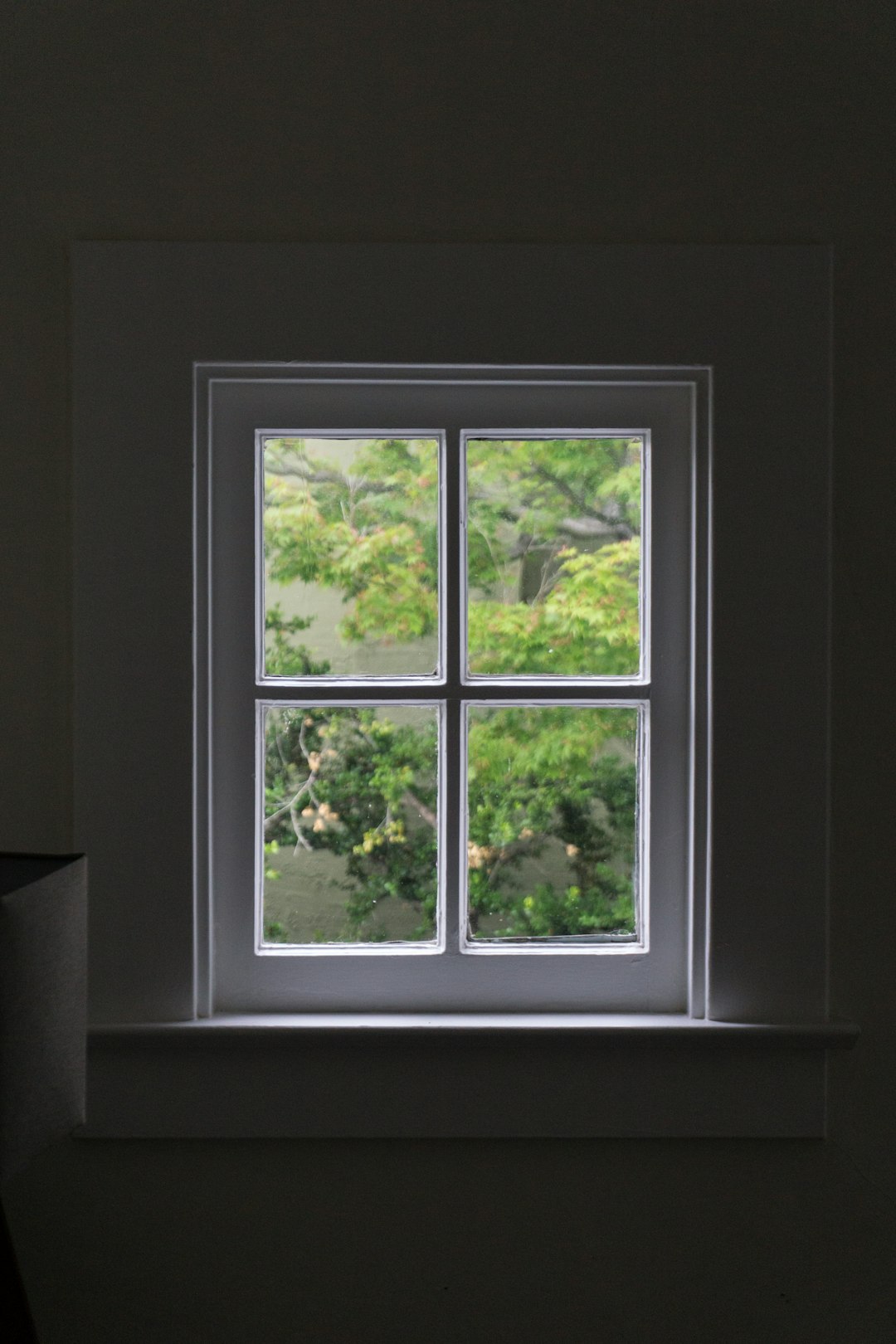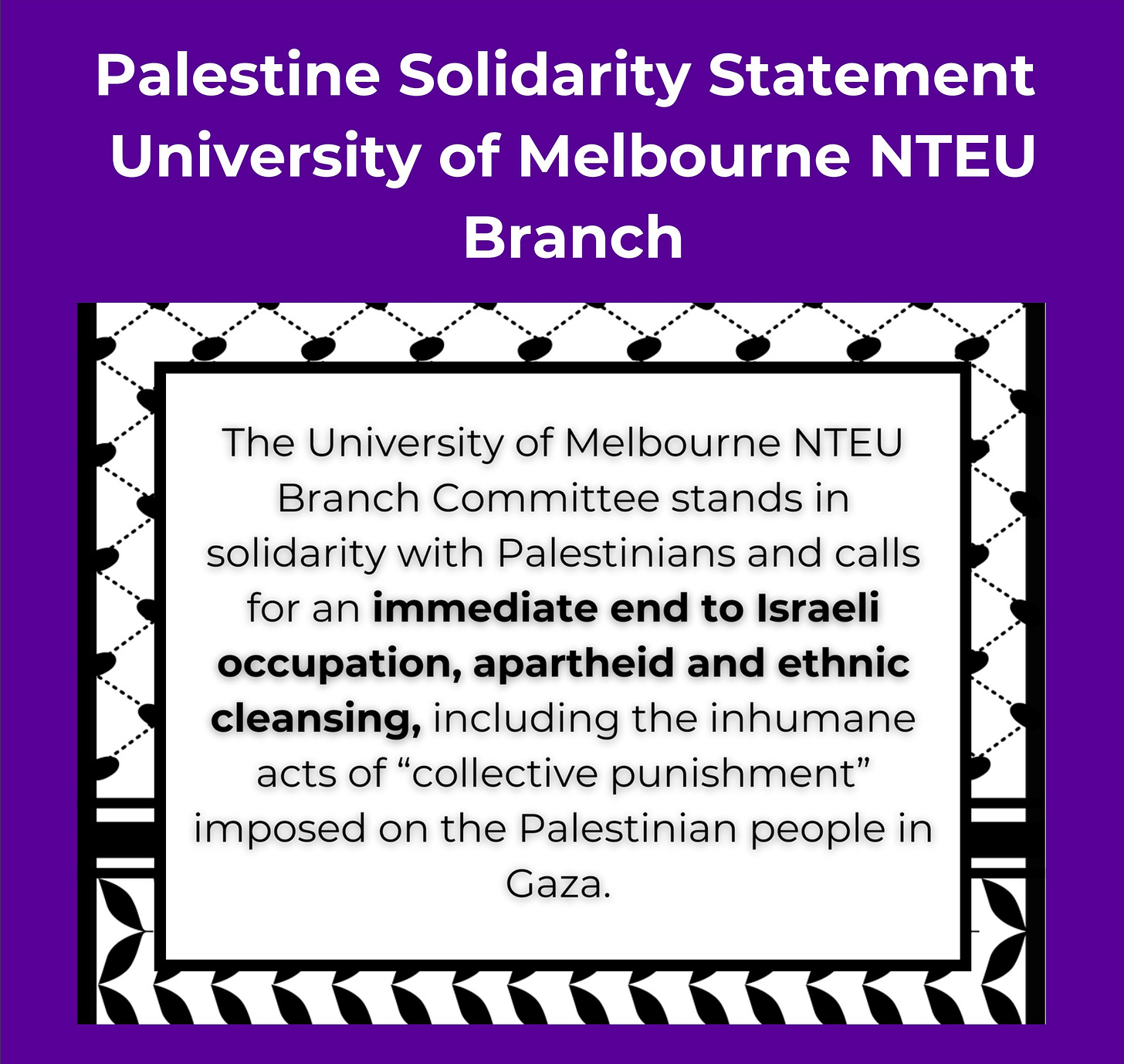Left behind
When the Overton Window shifted, I didn't
My parents have working class backgrounds. In their immediate families, they were the first people to go to school past the age of fourteen, to finish high school, and to complete undergraduate and postgraduate university degrees. I am very proud of them. I owe everything to their hard work, determination and support.
My parents were also stalwart members of the Australian Labor Party and members of unions for many years. My father once considered running as an ALP candidate in our very Liberal electorate. They became disenchanted, and left in the late 1990s, because they felt that the ALP shifted away from its original aims.
You can probably see the shadows of my upbringing in my posts. I believe in giving everyone opportunities, regardless of class, race, sexuality or religion. I believe that we should treat everyone equally, and enforce the rule of law. I am a member of a union. I have historically tried to be stoic in the face of disadvantage; I’ve only begun to speak out about issues I might have faced since 2018. To be frank, I’d prefer not to “play my cards”, but these days, I feel like it’s the only way to get some people to listen to me.
I dislike authoritarianism, whether fascism or communism. Whether left or right, authoritarianism involves a “ends justify the means” mentality which results in death and injustice. I have never flirted with Marxism, even when I was young. I know too many Eastern Europeans—and I’ve read too much about the Girondins and the Jacobins—I know what happens to people like me. I’d be first against the wall, when the circular firing squad began.
My parents are scientists. We didn’t have religion in our household; we had science. Therefore I also believe in objectivity, questioning one’s beliefs regularly, and reality checks. I also believe in explaining the nature of atoms and changes of state to my children at an absurdly young age. My kids: “Um, Mum, why?” Me: “Doesn’t every kid learn this aged six?”
The other day I was talking to a friend about an opinion piece I wanted to write. She said, “You’re too conservative to be accepted by the ABC [Australian Broadcasting Corporation].” I was shocked. Me? Conservative?

Well, yes. The Overton Window has shifted. My beliefs have not changed much since I was in my teens. Now, it is no longer left-wing to have universalist views about the human dignity of everyone, regardless of creed or colour. One’s righteousness depends upon one’s points as a minority and as a victim: the more points one can amass, the more power one should be given.
Everything is shoved into a cartoonish rubric of Oppressed versus Oppressor.
The first sign I didn’t “count” as left-wing came in my early twenties, during my brief stint as a native title activist. Parenthetically, I am a terrible activist—I tend to want to consider both sides of the story and write a detailed sixteen-page memorandum—and I do not like rallies, simplistic slogans, or melodramatic gestures very much.
I think it’s fair to say that my dislike of activism (as opposed to advocacy) arose at the time. While 60% of my fellow activists were decent, caring people who wanted to make a difference, in my estimation, about 40% of the people were there to show how righteous they were, and gain power by declaiming the unrighteous. They did not seem to know much about the people whose cause they were purportedly furthering, but it didn’t seem to bother them. I was totally freaked out; I’d be less surprised these days.1
At a dinner at Union House in 1997, another activist asked me if I was also a member of Free Tibet and Free Palestine. I expressed what I thought was a very balanced view on the Israel-Palestine issues, in light of my detailed knowledge of the history. To be frank, it’s a view which would not be acceptable to partisans on either side, and no, I don’t want to get into the weeds of this particular debate. I’ve realised since then that it’s almost always fruitless.
The woman stared at me. I realised at this moment: in activist left-wing circles, my view was wrong. Palestinians must at all times be identified as oppressed and therefore virtuous in all regards; Israelis must at all times be identified as oppressors and therefore objectionable in all regards. I don’t care for simplistic views of this nature, as I explained to this woman. I may have been rather naïve. I expected her to engage in a reasoned discussion with me. She walked away without saying anything, and avoided me thereafter. I was evidently tainted by wrongthink.
I was reminded of these events when, on Wednesday this week, the University of Melbourne Branch of the National Tertiary Education Union passed a motion in solidarity with Palestinians.

I was not able to attend the meeting because I had something else on, but I wrote to express my support of the bargaining team’s proposal regarding our workplace conditions. I am immensely proud of our bargaining team’s efforts: both negotiators are known to me personally, and I think they have put together a very fair proposal.
Individual academics are, of course, within their academic freedom to express the opinions stated in the motion, but I wish the branch would not express opinions on international conflicts or global politics. It has nothing to do with their core mission of protecting academics’ working conditions. In fact, such motions are primarily performative and divide the solidarity of the union.
Moreover, I note that there’s no consistency: while the NTEU has issued statements supporting Ukrainians, they don’t make statements in regard to other minority groups, such as Uyghur, Rohingya and Hong Kong dissidents. Those latter issues are too complex. They can’t be shoved into a simplistic rubric where “white” people are evil and oppressive, and “decolonisation” is necessary.
People say, “You can bring those issues up with the Union if you want.” In fact, at times, I have tried to do so—I sought to get the NTEU to make a public statement in support of my friend who has had a bounty put on his head by Hong Kong government—but these issues just don’t seem to get the same purchase.
A report in The Australian today notes that many Jewish academics are quitting the NTEU. The paper spoke to Law Professor Kim Rubenstein (who taught me Constitutional Law many moons ago):
Professor Rubenstein told The Australian she had not yet resigned from the union because it did valuable work in its core function, “but that’s an option for me going forward if I feel this is something that’s not resolvable”.
I know exactly how Professor Rubenstein feels. What is a person to do, when an organisation is taken over by activist ideologues, and increasingly hollowed out from within? There are three options:
Leave.
Stay and fight.
Say nothing and let the ideologues take over.
I have continued to support the Union, in part because of its actions in relation to Professor James Ridd. Professor Ridd’s conflict with James Cook University (‘JCU’) culminated in a 2021 High Court case, Ridd v James Cook University.2 Over the course of several years, Professor Ridd expressed strident public views regarding climate change and its effects on the Great Barrier Reef, suggesting that his colleagues were incorrect to say that the impact was catastrophic.3 The NTEU, reflecting its general politics, has made statements that we must avoid the catastrophic effects of climate change. While Professor Ridd’s comments were directly antithetical to the political views expressed by the Union, the Union assisted him when his employment was terminated by JCU, as it ought. The High Court of Australia found that JCU was entitled to dismiss Professor Ridd, because he had breached confidentiality, and hence breached the Academic Code of Conduct, when he publicly sought crowd-funding for his action against JCU. Nonetheless, it was a Pyrrhic victory for JCU, as it was found that JCU’s initial decision to censure and discipline Professor Ridd was a breach of academic freedom.
As my colleague Bill Swannie has outlined in an excellent article,4 in recent times, threats to academic freedom have come from within the universities themselves, when institutions have sought to discipline academics from expressing unpopular views as part of their “brand management”.
Will there come a time when my Union branch refuses to defend someone like me, because my political beliefs or actions do not align with the beliefs of the branch? Will my beliefs become too “problematic” to be defended, and will it be decided I should be sacrificed “for the greater good”? I hope not; but I have hedged my bets and become a member of the Free Speech Union as well, just in case.
Academic unions must not become too polarised in matters which do not concern the direct business of the union. The core duty of a union is to protect workers. If they lose sight of this, they lose their way.
There is a tendency among some on the left to think that if you believe in “social justice” you cannot be a bad person, but psychological research suggests that some authoritarian left-wing people have significant Dark Triad qualities. See eg, Ann Krispenz and Alex Bertrams, ‘Understanding left-wing authoritarianism: Relations to the dark personality traits, altruism, and social justice commitment’ (2023) Current Psychology, https://doi.org/10.1007/s12144-023-04463-x; TH Costello, SM Bowes, ST Stevens, ID Waldman, A Tasimi and SO Lilienfeld, ‘Clarifying the structure and nature of left-wing authoritarianism’ (2022) 122(1) Journal of Personality and Social Psychology 135–170. https://doi.org/10.1037/pspp0000341; Jordan Moss and Peter J O’Connor, ‘The Dark Triad traits predict authoritarian political correctness and alt-right attitudes’ (2020) 6 Heliyon 6 https://doi.org/10.1016/j.heliyon.2020.e04453;
[2021] HCA 32.
For a more detailed description of the dispute, see A Stone, ‘Before the High Court: The Meaning of Academic Freedom: The Significance of Ridd v James Cook University’ (2021) 43(2) Sydney Law Review 431.
Bill Swannie, ‘Protection from Institutional Censorship: An Essential Aspect of Academic Freedom’ (2022) 45(4) University of New South Wales Law Journal 1325


Working on the principle that it is better to light one candle that to support the darkness, I would like to share this statement by the ACTU which IMHO represents something like the sort of position that old-fashioned universalist leftists ought to support.
https://beta.actu.org.au/media-release/actu-calls-for-an-urgent-ceasefire-in-israel-and-palestine/
In relation to footnote one, I have certainly encountered individuals in left-wing circles who display the Dark Triad characteristics. Fortunately they are not numerous but, even such few as they are, they succeed in causing a lot of trouble.